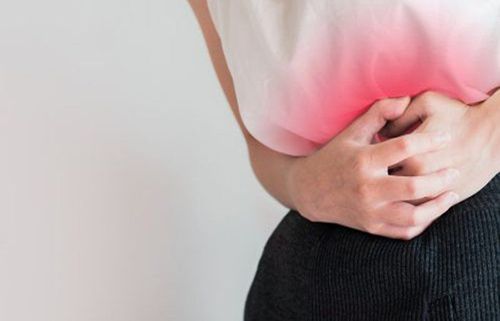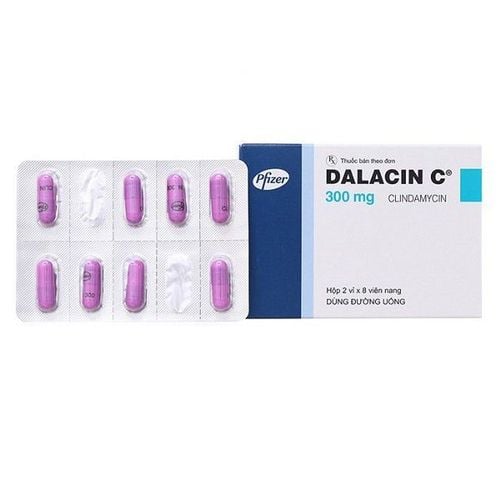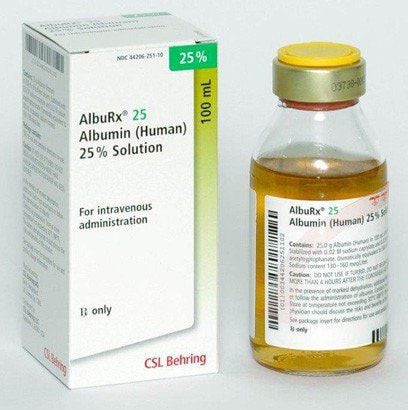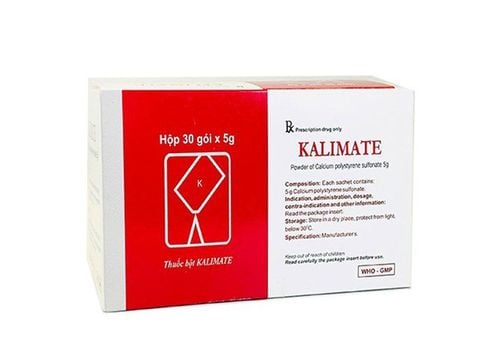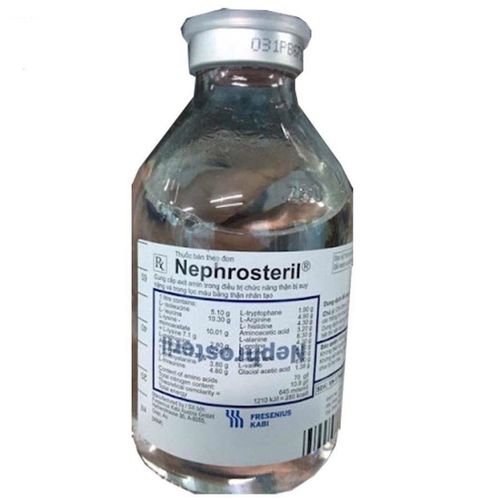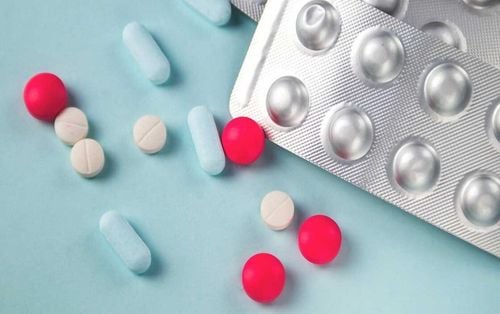This is an automatically translated article.
Healthy kidneys help the body balance salts and minerals, such as calcium, phosphorus, sodium and potassium in the blood. Peritoneal dialysis removes waste and excess fluid from the body but does not maintain a perfect balance. Therefore, nutrition during peritoneal dialysis can affect how the patient feels and the effectiveness of treatments.1. What is peritoneal dialysis?
Peritoneal dialysis is a method of using the patient's peritoneum as a replacement membrane for the failing kidney, to filter metabolites, fluids, and electrolytes out of the patient's body and help homeostasis.2. Effect of peritoneal dialysis on the nutritional status of patients
Nutrient Absorption: The amount of nutrients absorbed depends on the prescription for dialysis and the rate of transperitoneal transport of the individual patient, i.e., proportional to the volume of the solution, the duration of the immersion, and the speed of the patient. high transport. Glucose absorption is accompanied by hyperinsulinemia and possibly weight gain. Lipid metabolism: Patients on peritoneal dialysis have higher concentrations of cholesterol, LDL-C, Triglyceride, Cipolypoprotein, Leptin and resistin than patients on hemodialysis. The pathogenesis of these changes is unknown. Gastric emptying: Diabetic and non-diabetic patients including hemodialysis patients have a longer gastric emptying time due to intra-abdominal fluid immersion. Nutrient Loss: With each exchange of filtrate, plasma proteins migrate into the peritoneal cavity, and daily protein loss varies from patient to patient. Protein loss is increased during the first weeks of peritoneal dialysis, hypertonic fluid administration, and during episodes of peritonitis. Most of the protein lost through the filtrate is albumin. The vitamins, especially water-soluble vitamins, Vitamin C, folic acid have B2 - B6. Only vitamin B1 is lost and there is no vitamin B2 in the filtrate. There are very few fat-soluble vitamins present in filtrate A, E, K or carotenoids. Effect of transperitoneal fluid velocity: The risk of death was higher in hypoalbuminemia or severe protein malnutrition due to transperitoneal protein loss in patients with high peritoneal permeability. Effects of peritonitis: this is the most important complication of peritoneal dialysis. Episodes of peritonitis transiently increase vascular permeability, lead to a loss of 10-25g of protein per day, and a decrease in protein intake due to pathology, as well as loss of Albumin, Pre-albumin, 25-OH, Vitamin P and Calcium.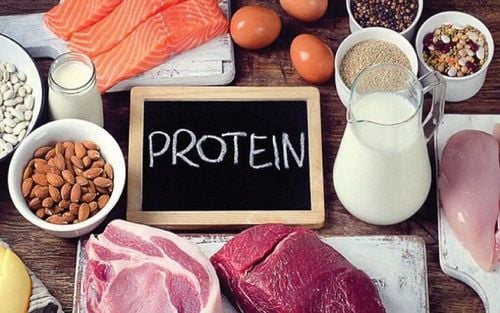
Protein là thành phần quan trọng trong chế độ dinh dưỡng cho người lọc màng bụng
3. Diet for patients with peritoneal dialysis
When the patient is on peritoneal dialysis, what is the best diet for the peritoneal dialysis person that you should follow. Accordingly, the right nutrition includes:Protein: Our bodies always need protein to grow, build muscles and repair tissues. After the body uses the protein in the food ingested, a waste product called urea is formed. Since the patient's kidneys cannot remove this urea, there may be too much urea in the blood. Dialysis and the right diet are important to keep urea levels down. Along with the removal of urea, your body loses proteins normally found in the blood. Therefore, it will be necessary to eat more protein to replace what is lost. The type of protein you eat is also important. Nutritionists recommend that most people on peritoneal dialysis eat high-quality protein, as it creates less waste that must be eliminated during dialysis. High-quality protein comes from meat, poultry, fish and eggs. Avoid processed meats like hot dogs and canned peppers, which are high in sodium and phosphorus. Low-quality protein should be limited in your diet, it comes from plant sources such as vegetables and whole grains. Potassium: About one-third of peritoneal dialysis patients develop hypokalemia due to large dialysis volume and inadequate intake of nutrients. Therefore, patients on peritoneal dialysis need to eat more potassium than patients not on dialysis or on hemodialysis. There is a lot of potassium in dried fruits, dried beans and peas, nuts, meat, dairy, fruits and vegetables. Fluids and sodium: Sodium is a mineral found naturally in foods and can affect your blood pressure. It is found in large amounts in fast food, table salt, canned foods, and processed meats (hams, sausages, bacon). Patients with peritoneal dialysis are prone to excess water, so they need to limit their salt intake. With peritoneal dialysis, you can follow your normal diet. Tracking your sodium intake can help control your thirst and weight gain. It can also reduce the use of solutions that are high in sugar. Your doctor will choose the right dialysis fluid for you to control your blood pressure and fluid levels. Phosphorus: Phosphorus is a mineral found in all foods. It is found in large amounts in milk, cheese, nuts, dried beans and peas. Too much phosphorus in your blood can make your bones weak and brittle. Too much phosphorus can also make your skin itchy. Peritoneal dialysis may not remove enough phosphorus from the body, so you will likely need to limit foods high in phosphorus. You may need to take a phosphate binder to control blood phosphorus. Common phosphate binders include sevelamer, calcium acetate, lanthanum carbonate, and calcium carbonate. These drugs bind to phosphorus in food while in the intestines and prevent it from being absorbed. Vitamins and minerals: You may not be getting enough vitamins and minerals, as you must avoid certain foods. Peritoneal dialysis also removes some vitamins from your body. Your doctor may prescribe vitamin and mineral supplements specifically designed for people with kidney failure. It should be noted that never take vitamin and mineral supplements you can buy without a prescription. Over-the-counter vitamin and mineral supplements can be harmful for people with kidney failure. Surely with the above sharing, you have got the answer to the question, what do peritoneal dialysis eat and what do peritoneal dialysis eat? Actively maintaining a reasonable diet will help the patient's health condition improve significantly after treatment.
Vinmec International General Hospital is the address for examination, treatment and prevention of urinary diseases. With a system of modern facilities, a team of well-trained doctors, perfect medical services will bring optimal treatment results to customers.
Please dial HOTLINE for more information or register for an appointment HERE. Download MyVinmec app to make appointments faster and to manage your bookings easily.




